Bed bugs are the kind of pest everyone dreads.
There’s nothing you want more than to have a peaceful night’s rest without worrying about being bitten by irritating insects.
So naturally, you’re wondering how and when bed bugs will go away.
Luckily, bed bugs do have some predators.
While predators may not solve your problem entirely, they can certainly keep a bed bug population from exploding out of control.
Here we will discuss some of these natural predators, and whether you can realistically depend on them to aid you in the fight against a bed bug infestation.
Page Contents:
Do Roaches Eat Bed Bugs?
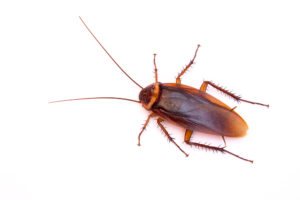
Yes, roaches do in fact eat bed bugs. Though you should keep in mind that bed bugs are not a roach’s primary diet.
Roaches prefer scraps of food, this can include sweets, meats, or starches. Though if those are not readily accessible, roaches can also eat hair, household items (like books), or other decaying matter.
Lastly, roaches can turn to other insects, such as bed bugs, nymphs, and their eggs. In no case should you ever bring roaches into your home to control a bed bug infestation, as roaches can carry disease and be harmful to your health.
Do Mice Eat Bed Bugs?
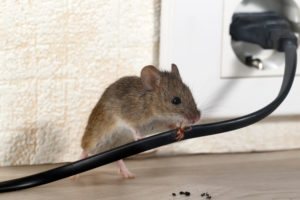
No, mice do not eat bed bugs. In fact, it’s quite the opposite. Although bed bugs prefer human blood, they will turn to alternative food sources like mice, bats, and birds…
In some situations, they can feast on domestic animals like cats and dogs.
Mice on the other hand are considered omnivores, but their diets typically consist of grains, fruits, and seeds.
Under duress, mice can have carnivorous tendencies, such as eating their own tails or consuming their offspring.
Unfortunately, mice are not known to feed on insects, including bed bugs.
Do Spiders Eat Bed Bugs?
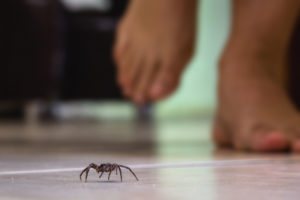
Yes, certain spiders will in fact eat bed bugs.
While the last thing you likely want is spiders mixed with bed bugs in your home, spiders naturally feed on other insects.
If you notice numerous spiders around your house, this could be a sign of an insect infestation.
In general, spiders will eat and be attracted to any of the following insects:
- Flies
- Moths
- Beatles
- Other spiders (sometimes)
Some larger spiders have been known to eat worms, snails, or in some cases small vertebrates like lizards, frogs, bats, or small birds.
Though most spiders are not harmful to humans, it’s not recommended to use these creatures as a method for controlling bed bugs.
Do Bed Bugs Have Predators?
Yes. Just like spiders, bed bugs have several predators – many of which are considered pests but not harmful to humans.
Additional bed bug predators can include any of the following:
- Centipedes.
- Masked Hunters.
- Lizards.
- Moths.
- Ants.
However, it is important to note that while bed bugs do in fact have predators, most only feed on bed bugs when the population is extremely large.
Therefore none of the creatures mentioned above should be relied upon for managing a bed bug infestation.
A more effective approach to managing bed bugs is using chemical sprays or insecticides.
Though there are natural remedies like bed bug traps that work if you prefer not to introduce harmful chemicals into your home.
What Smells Keep Bed Bugs Away?
Bed bugs are quite pesky to have around.
Luckily, they also have strong aversions to certain household scents which can be used to repel them from your home.
And sometimes even kill them.
Here are a few household remedies to consider:
Rubbing Alcohol
Rubbing alcohol can dry out bed bugs’ bodies, which can eventually lead to their death. You can pour the rubbing alcohol directly on an active infestation.
If used correctly, alcohol can manage almost half of a bed bug infestation.
It can also be sprayed around the house to prevent bed bugs and other insects from laying eggs.
Household Oils
Here are 4 different oils that can be used to deter bed bugs.
- Blood Orange: one of the most effective oils that can be sprayed directly onto affected areas or used as a diffuser.
- Neem: is a natural insect repellent that is effective with bed bugs, and also helps get rid of mosquitoes.
- Tea Tree: most commonly used to fight bacteria and acne, but helps repel bed bugs and can also affect the exoskeleton.
- Lavender: a strong odor that typically people love, but bed bugs hate. It not only [repels] bed bugs, but can also improve your sleep.
Diatomaceous Earth [DE]
DE is a powder created from fossilized algae. DE dehydrates the waxy exterior of the exoskeleton and kills bed bugs.
(As well as cockroaches and ants).
It can be sprinkled over the affected areas to eliminate bed bugs – just be sure to clean up the DE and dead bed bugs as it can be potentially harmful to small children or pets if left out.
In general Diatomaceous Earth is a great tool to help fight against bed bugs, as it’s a natural, and non-toxic product that will slowly kill several bed bugs upon close contact.
Household Items
Here are 4 general household items that can be used to deter bed bugs.
- Powdered Pepper: readily available in stores and typically used for cooking. Bed bugs hate pepper, especially the powdered kind.
- Lemon: bed bugs not only hate the smell, but citrus has harsh properties that help kill bed bugs.
- Cinnamon: bed bugs can’t stand the smell of cinnamon.
- Peppermint: not only does it repel bed bugs, other pests do not like peppermint. You can use peppermint leaves or oil. It will also leave your house smelling fresh.
Can Bed Bugs Go Away On Their Own?
No, bed bugs don’t usually go away on their own.
Because bed bugs’ appetite is human blood, so long as you stick around…
They will, too.
It would seem their only purpose is to make you miserable.
The only way bed bugs will leave is if you do – or you remove them. And it’s better to do it sooner than later because if even one bed bug is left standing, the infestation can start all over and leave you back to square one.
The Lifespan of a Bed Bug
The lifespan of a bed bug can vary.
Typically, bed bugs can live anywhere from a few months to a year.
Because bed bugs feed about once a week, they can live between 6 to 12 months without eating.
Other factors like climate and reproduction impact the lifespan of a bed bug.
For example:
Bed bugs need blood to reproduce and molt.
A bed bug doesn’t reach maturity until it passes through five molts. The stages of a bed bug’s lifespan is important to know because bed bugs do not start feeding until they mature.
Though there are some natural remedies to repelling and killing bed bugs, try not to wait until the infestation becomes larger or unbearable.
You shouldn’t have to sleep in fear of being bitten or live your worst nightmare by letting the infestation spread.
Stay proactive in reporting bed bug breakouts – from hotels and workplaces to a friend’s house and your own home.
The best defense is to report any bed bug infestation once detected and take the proper steps to remove and prevent future breakouts from occurring.
Even if that means splurging a little on a professional pest control service.
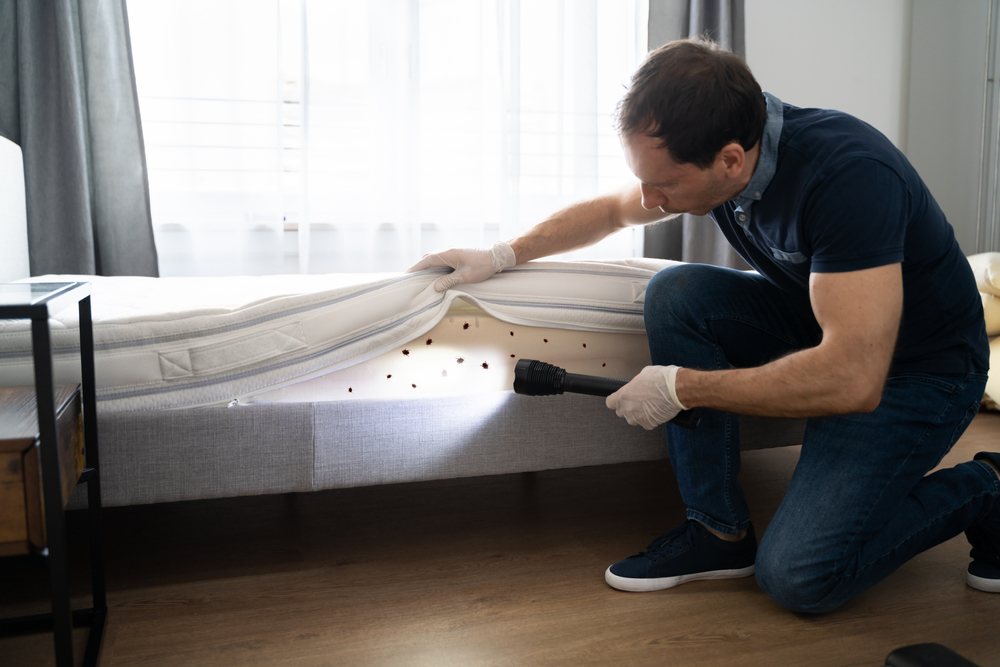
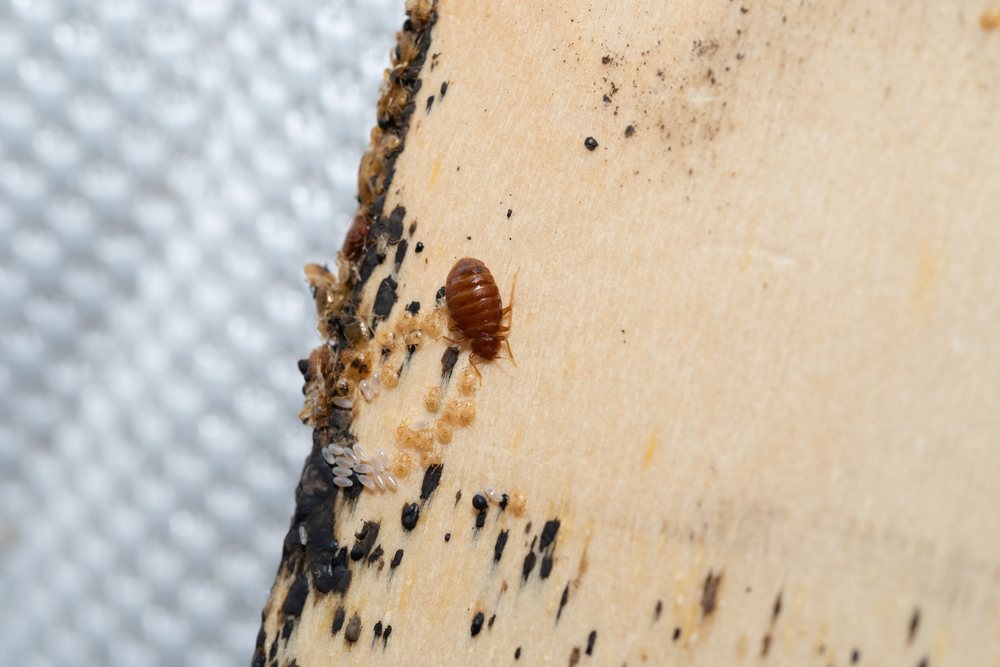



Thanks so much for this article! I knew that these pests were getting rampant in US, but I didn’t know that there’s so many species! Im better prepared in case of encountering them.